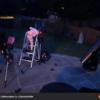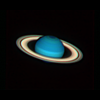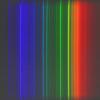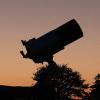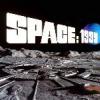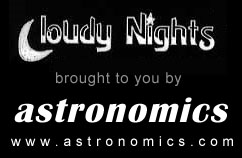I was thinking of starting to look at a premium dob for deep sky due to my employment being secure and a bonus.
But then it occurred to me that Spacex and others are going to pollute the night sky no matter where you live. See here I see a satellite at least 5x every observing session already and they and Oneweb are going to launch thousands more. Further, starlinks are brighter than 99% of all other satellites, and their big "fix" only reduced their brightness 50%.
There is no chance to stop what SpaceX is doing, or to stop the light pollution from street lights, etc. So why fight it?
Is it pointless to get a big dob in the long run? Should I instead be looking at renting one for the time that we have left?
My initial conclusion is that I should rent a big dob on trips, visit large observatories, and invest in a planetary setup instead, but I wanted to get others views as well.
Edited by Rbuckyfuller, 13 August 2021 - 07:29 AM.


